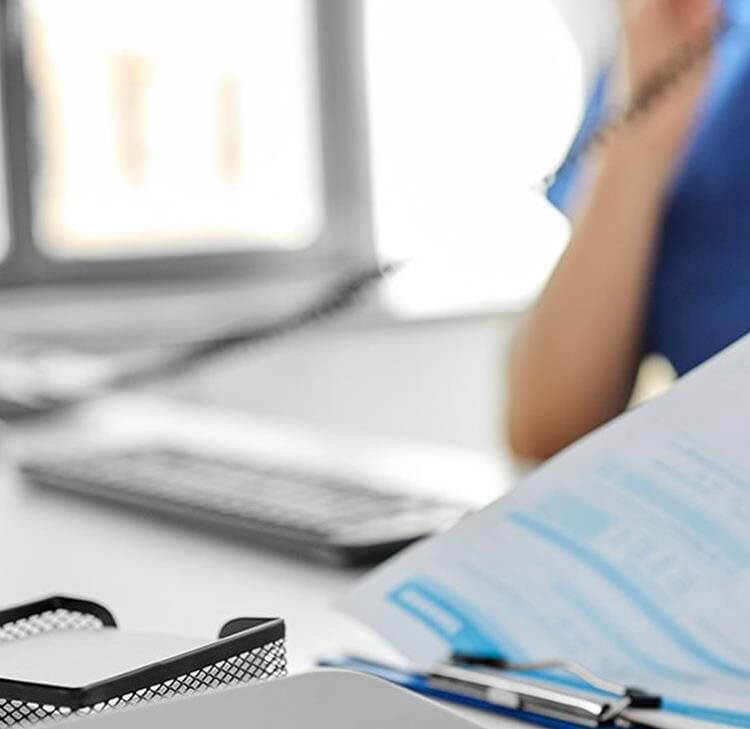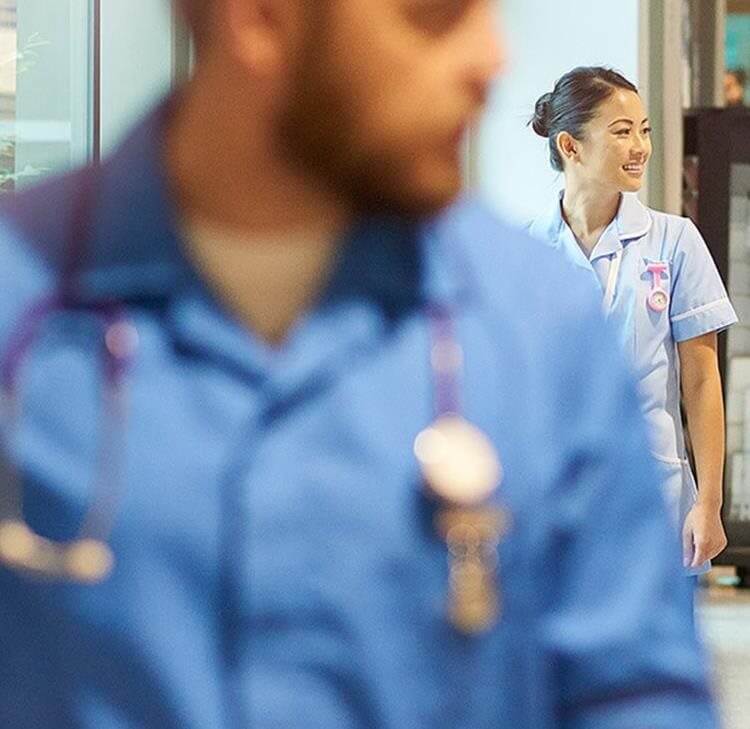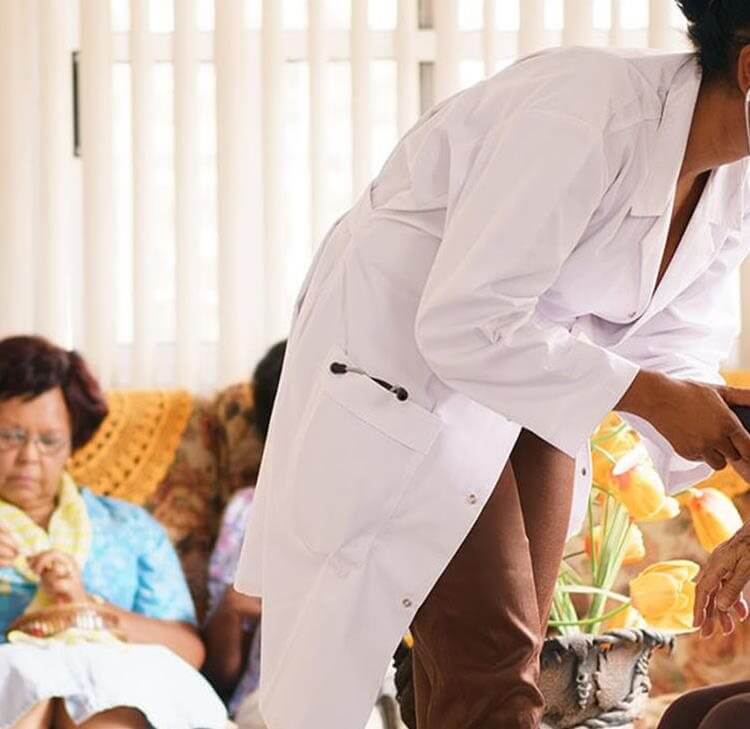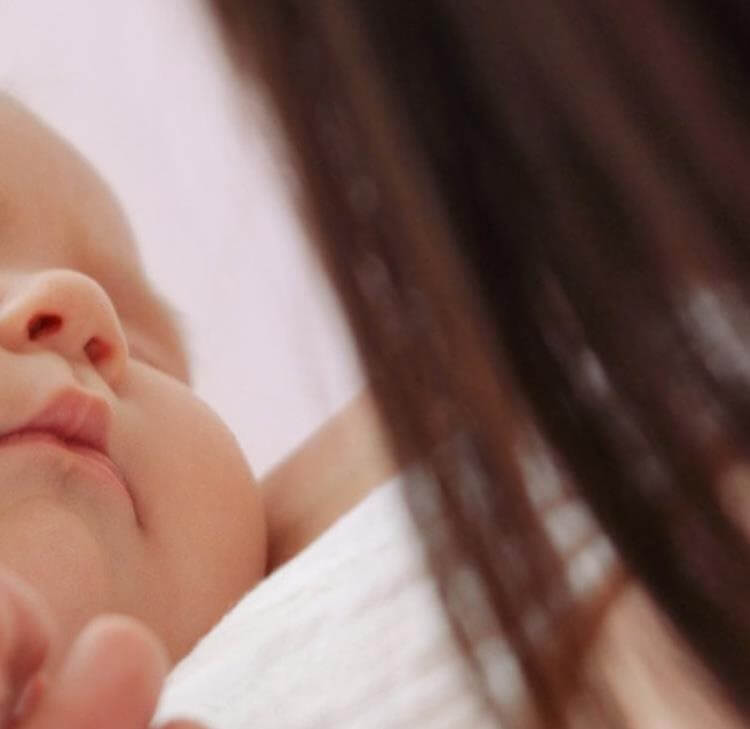Coronavirus in the Workplace – general FAQs
With the cases of coronavirus in the UK on the increase, we’ve rounded up some answers to some of the most commonly asked workplace queries.
Please note: the information contained in this legal update is correct as of the original date of publication
With the cases of coronavirus in the UK on the increase, we’ve set out below some answers to some of the most commonly asked workplace queries. These answers are based on a combination of employment law and current government guidance:
Some workplaces in the UK have closed – is this necessary?
Closures have taken place where there has been a diagnosis of COVID-19 to on occasion allow for deep-cleans to take place or, in some cases, as a precautionary measure where a member of staff returning from a higher-risk area has experienced potential symptoms. Some employers are choosing to allow employees and workers (hereafter, for ease of reference, “employees”) to work from home, where this is possible. However, the Government is not advising more widespread closure at this stage.
Should travel be restricted?
Employers should adhere to the guidance issued by the Foreign and Commonwealth Office in respect of travel bans and restrictions. Employers should also make sure that employees who are required to travel as part of their role are aware of up-to-date guidance and advice as to how to minimise any risks.
However, some employees will be concerned about the risks of becoming stranded (or quarantined) abroad if there are further concentrated outbreaks. Employers should therefore consider carefully whether travel is genuinely necessary and risk assess the need for overseas trips. Only essential travel should be undertaken.
Should large-scale work events be cancelled?
The Government is currently advising that people should limit their social activities and so the same logic would apply to work-related social events. In respect of pure work-related events, employers will need to consider the risks of such events going ahead, and whether such events are genuinely necessary. However, when considering risk levels, employers should bear in mind that if there was an attendee who has contracted COVID-19, such events may have the effect of spreading the infection more widely across the workforce.
When should employees self-isolate?
Individuals should self-isolate in accordance with Government guidance. This guidance is being kept under review and so employers should make sure they are familiar with the up to date position.
What if an employee displays symptoms at work?
The employee should be asked to self-isolate and seek medical advice by telephone so that they can be assessed and tested. There is also online 111 advice available.
The employer will need to consider whether the employee’s actions in attending have increased the risks for other employees; whether any wider self-isolation is required, pending confirmation of the first employee’s infection-status; and whether any deep-clean or other action is required.
What if an employee advised to self-isolate attends work?
In many cases, an employer may not know that an employee has been advised to self-isolate. However, where it is aware (for example, the employee has returned from a business trip from a high-risk area, or from a trip which has received press coverage, or shows symptoms of a high temperature or persistent cough) then it should instruct the employee to leave the workplace and advise them to return to self-isolation. As above, the employer will also need to consider whether the employee’s actions in attending have increased the risks for other employees; whether any wider self-isolation is required, pending confirmation of the first employee’s infection-status; and whether any deep-clean is required.
The Government has confirmed that in extreme circumstances the new Regulations relating to Coronavirus give the police the power to arrest those who are ill or who are suspected of having COVID-19 and who have refused to self-isolate.
What if employees wish to self-isolate in other circumstances as a precaution?
Home-working should take place wherever possible. If it is not possible, employers should seek to understand from the individual why they believe self-isolation would be necessary and, in particular, whether they fall within a higher risk group. As with any other illnesses, as part of normal risk assessments, employers should assess the risks to employees generally, and any increased risk for particular employees (such as pregnant employees, or those with compromised immune systems).
Employers will also need to be mindful of their obligations to consider reasonable adjustments for disabled employees who believe that their disability may place them at greater risk than non-disabled employees.
Are employees entitled to pay if they are self-isolating or in quarantine?
If an employee has COVID-19, they will be entitled to the same sick pay as they would for any other type of illness – SSP if they meet the eligibility requirements and potentially contractual sick pay if available.
If an employee was travelling for work and has been quarantined abroad, it is highly likely that they would remain entitled to full pay.
If an employee has been advised to self-isolate at home, then there has been some speculation as to whether these individuals would be entitled to sick pay (as potentially, they may not be ill at all). Entitlement to contractual sick pay will depend upon the particular contractual wording which applies.
Entitlement to statutory sick pay does not just apply when a person is actually incapable of attending work – it also applies when they are deemed to be incapable of attending and this includes circumstances where they are excluded or they abstain from attending work as a result of a request or notice issued under an enactment. If they are self-isolating (or detained) as a result of the detention provisions under the Health Protection (Coronavirus) Regulations 2020, then this requirement would appear to be met (although these Regulations only apply to England). The stance taken by the Government is that SSP will apply.
New legislation which came into force on 13 March 2020 has made it clear that those individuals who (a) self-isolate to prevent infection or contamination with COVID-19 in accordance with guidance published by Public Health England, NHS National Services Scotland or Public Health Wales and effective on 12 March 2020 and (b) as a result, are unable to work, are entitled to SSP.
If an employee is seeking to self-isolate in circumstances where they have not been advised or required to do so, then they would not be entitled to contractual or statutory sick pay.
If an employer requires employees to self-isolate in circumstances where those employees have not been advised or required to do so, then employees would remain entitled to full pay.
Should absences in respect of self-isolation be treated as normal absences under an attendance procedure?
Employers will need to take a view on this. Strictly speaking, if an employee is off sick, these absences can be taken into account. However, employers may wish to remove any barriers against self-isolation as the potential consequences of COVID-19 being spread within the workplace are likely to be more significant than discounting self-isolation periods under an attendance procedure.
Are employees entitled to time-off to look after others?
Employees may well be required to self-isolate if someone else in their household has symptoms. However, this would not prevent them from working from home, if this is feasible.
Employees (but not workers) have a statutory right to take reasonable time off for dependents in certain circumstances, including where a dependent falls ill or there is an incident at school (such as closure). This right is, however, unpaid and is typically intended for short-term periods to allow for alternative arrangements to be made.
Any wider rights would depend on the individual’s contract.
Are there any other precautions employers should consider?
Employers should make sure that hand-washing facilities (including soap) are readily available in the workplace, and provide guidance as to the length of time (20 seconds) required to maximise the benefits. Employers could also consider providing hand sanitiser and/or tissues. For customer-facing roles, employers could also make such products available for members of the public to attempt to reduce the risk of transfer of COVID-19 to staff.
Employers should also consider whether they have appropriate absence continuity plans in operation. The Government has indicated that, at its peak, COVID-19 could result in 20% of the working population being off sick. In addition to this, other employees may seek leave to care for dependents. As a result, employers may need to keep under review work levels to ensure that employees remaining at work are not over-burdened covering for absent colleagues.
Lastly, employers should take steps to ensure that no employees are being targeted or treated less favourably as a result of concerns or fears about COVID-19. Reminders in respect of appropriate behaviours may be required to ensure that employees are not subjected to discrimination or harassment.
Contact

Mark Hickson
Head of Business Development
onlineteaminbox@brownejacobson.com
+44 (0)370 270 6000








































